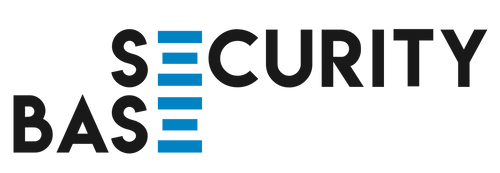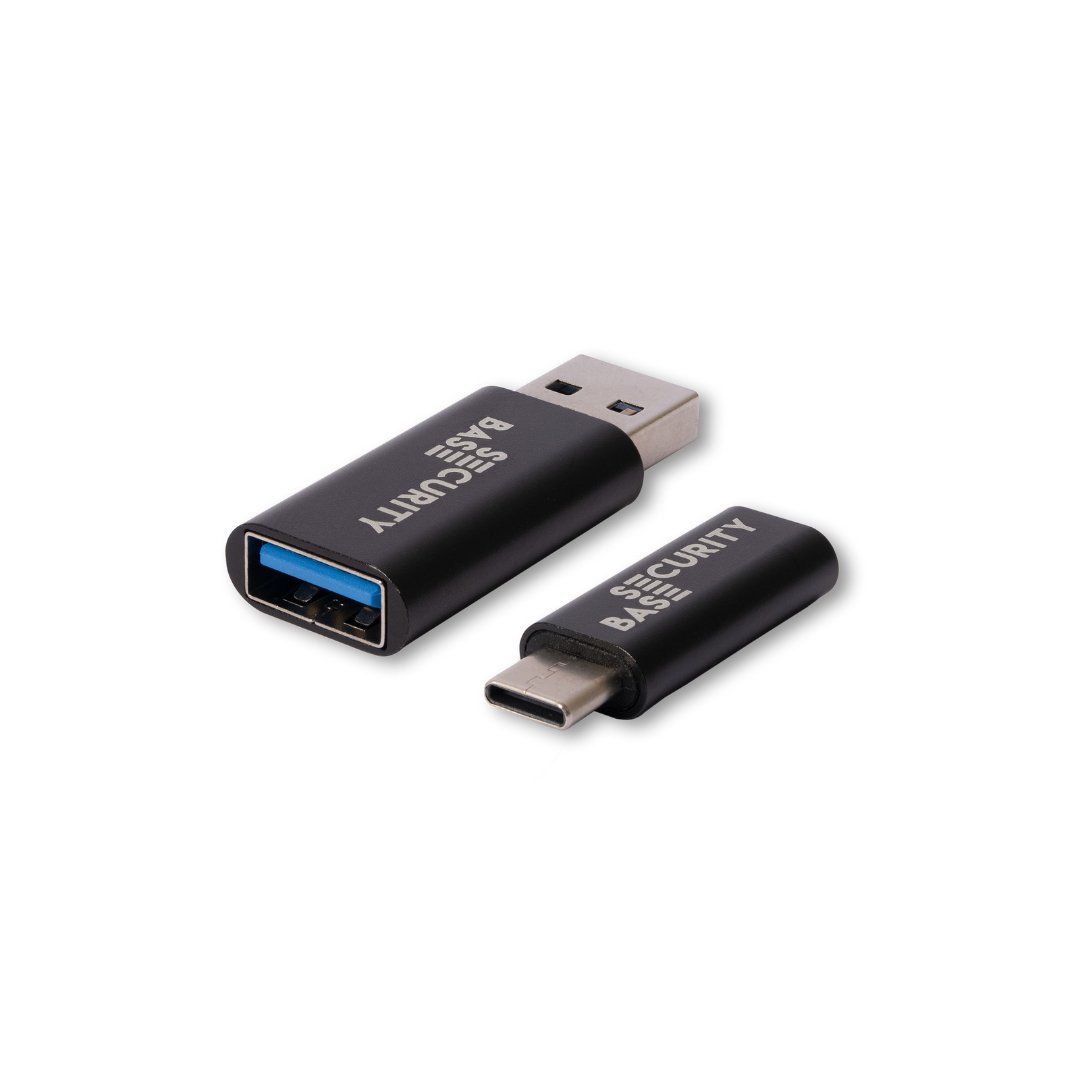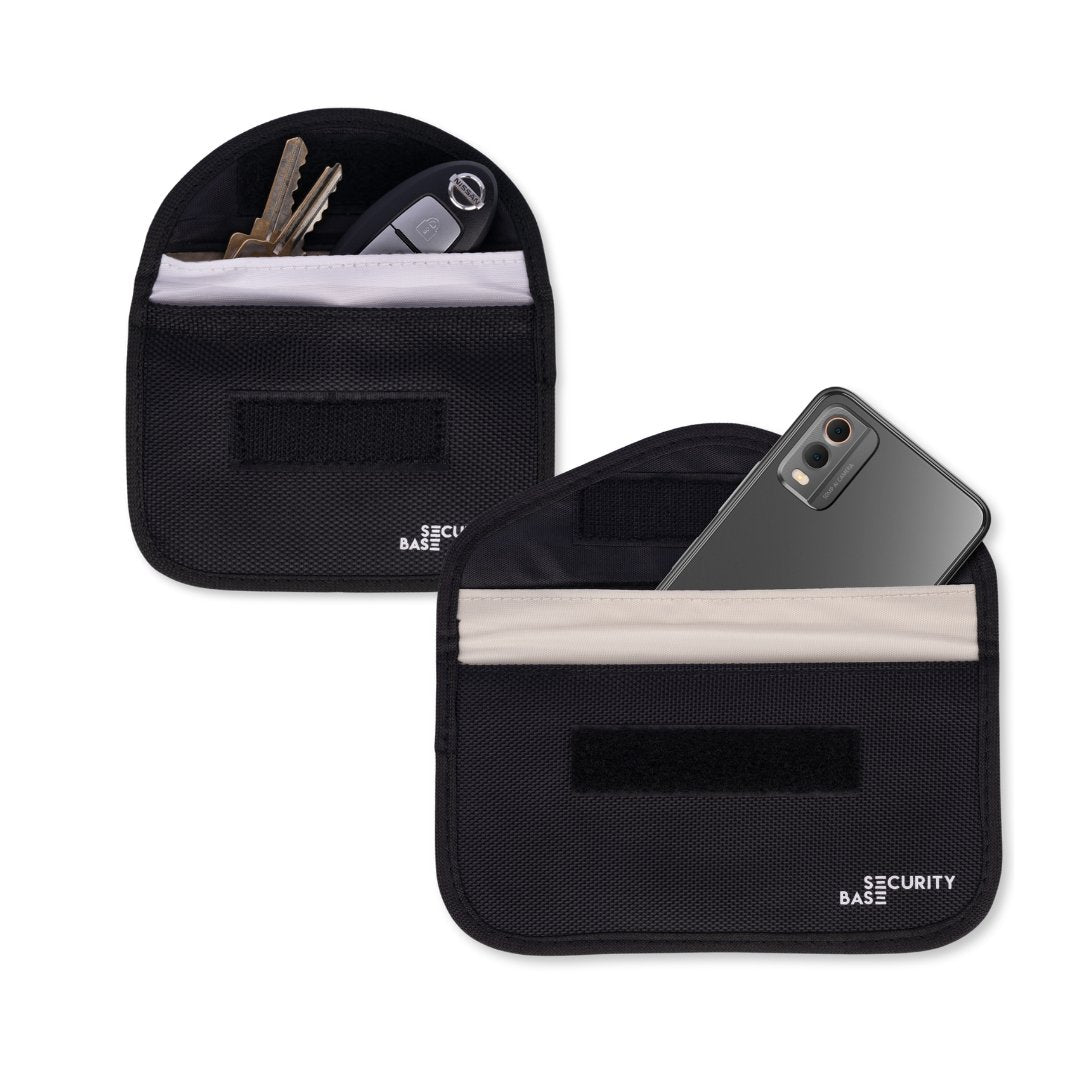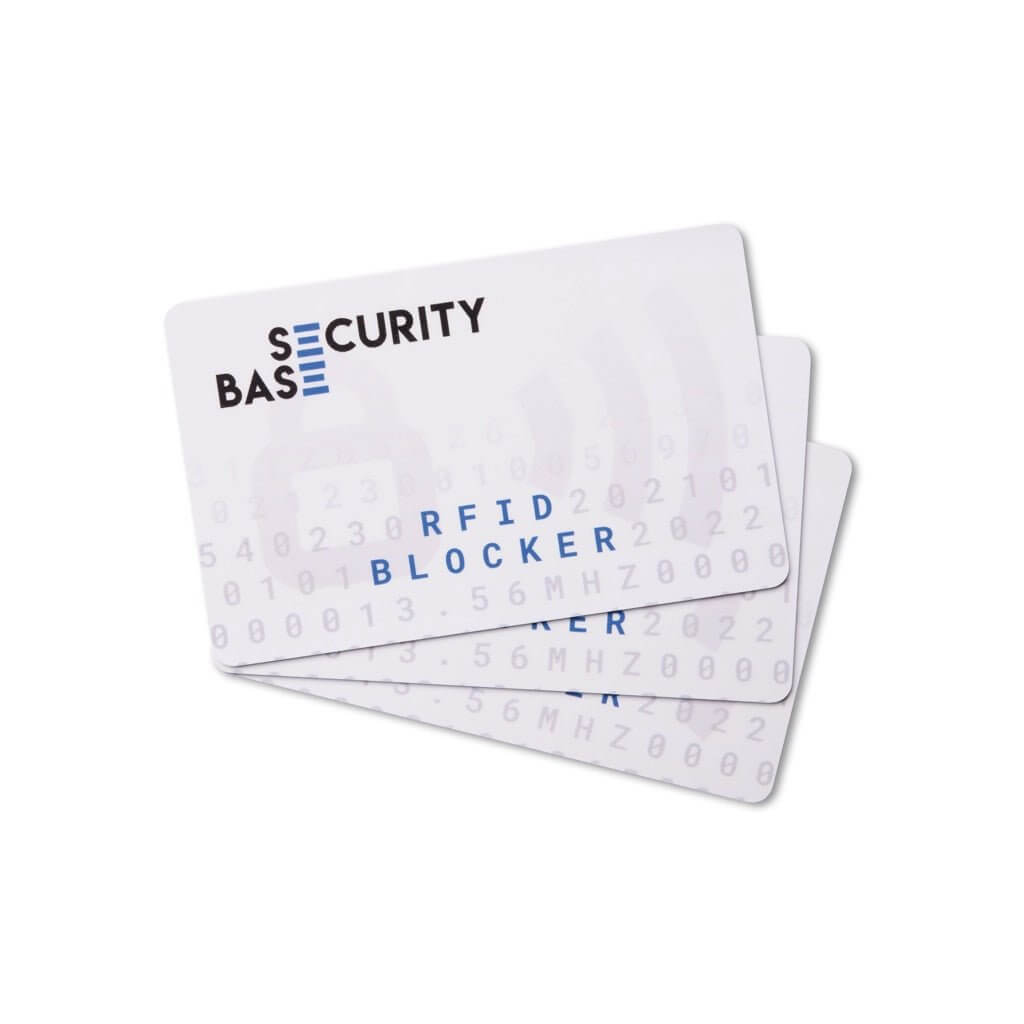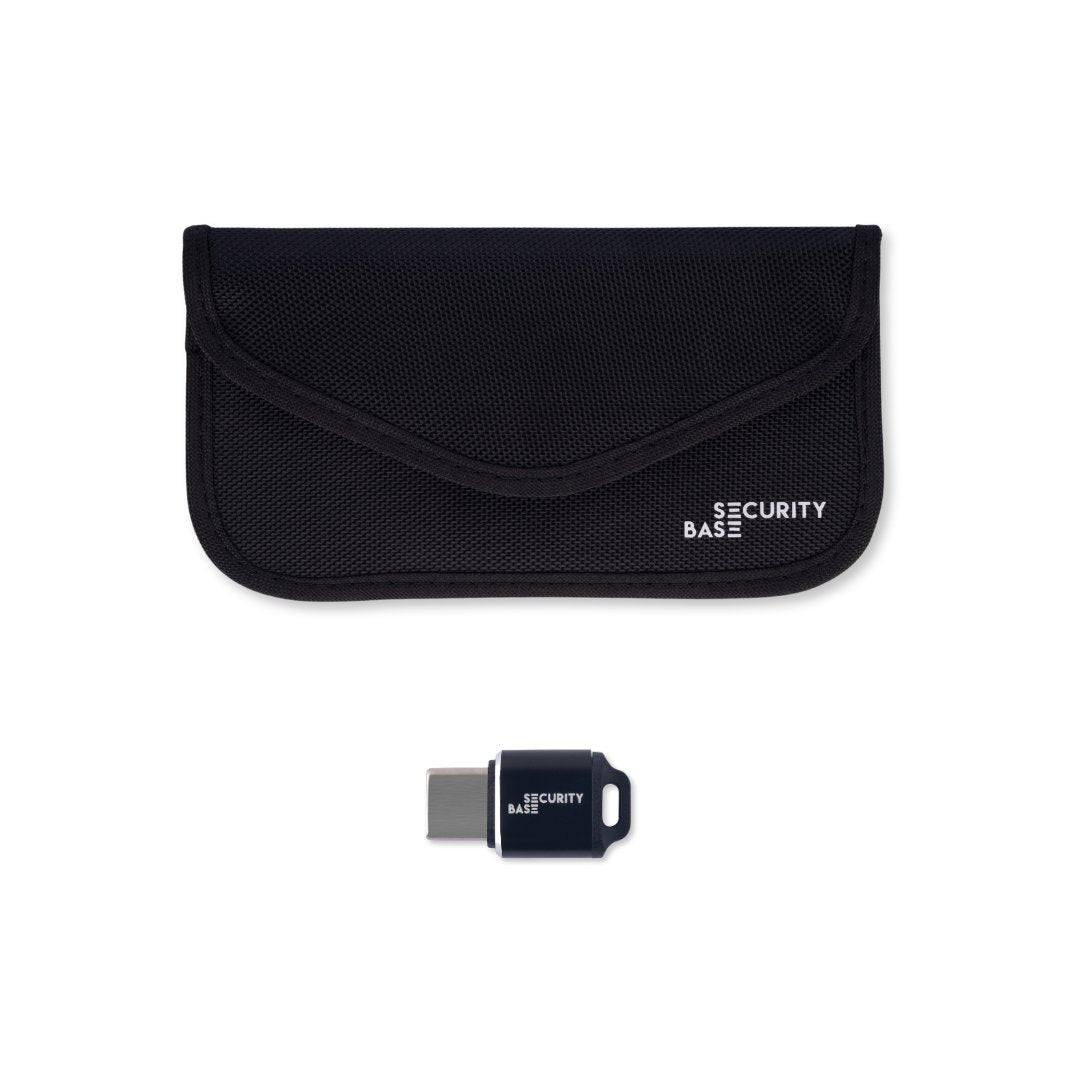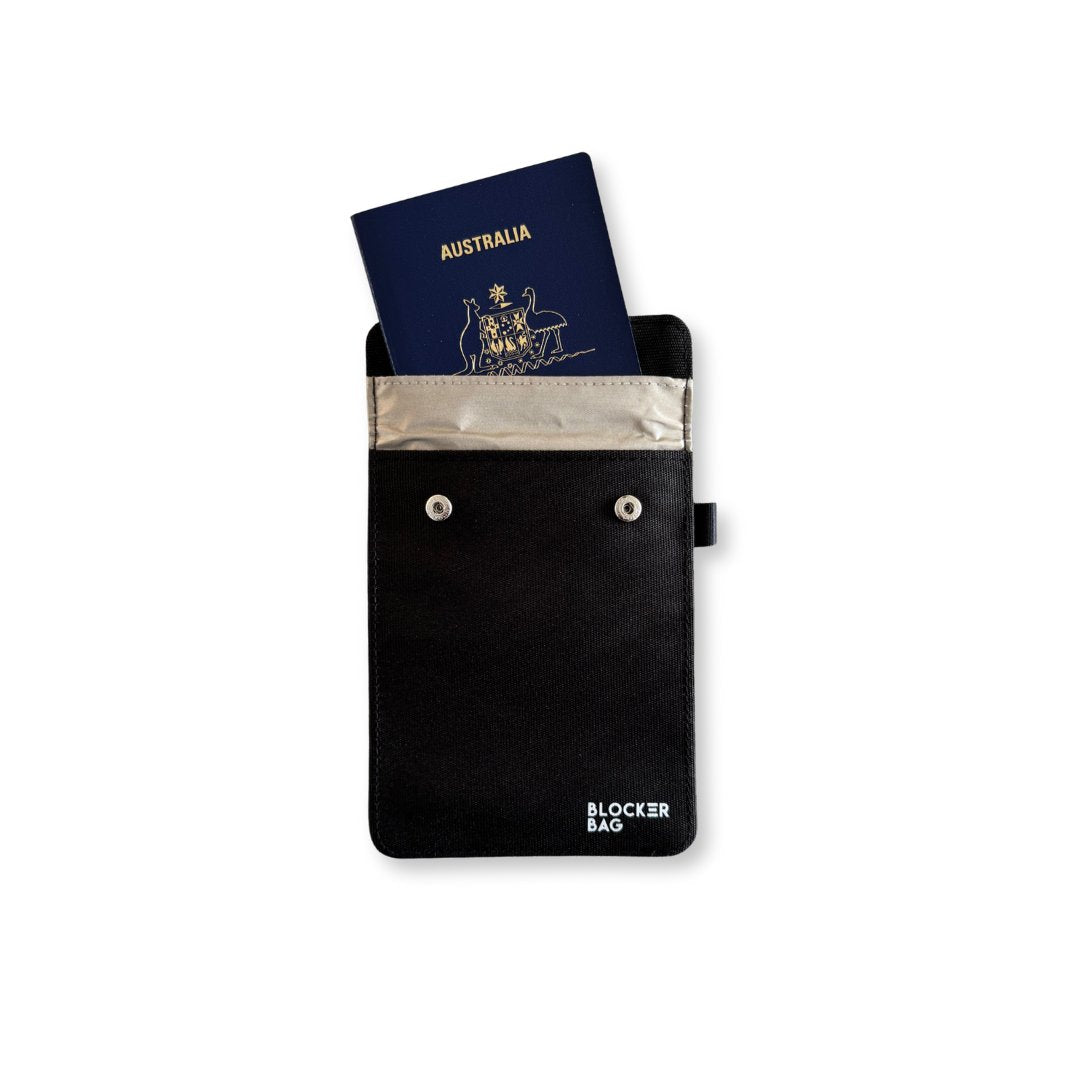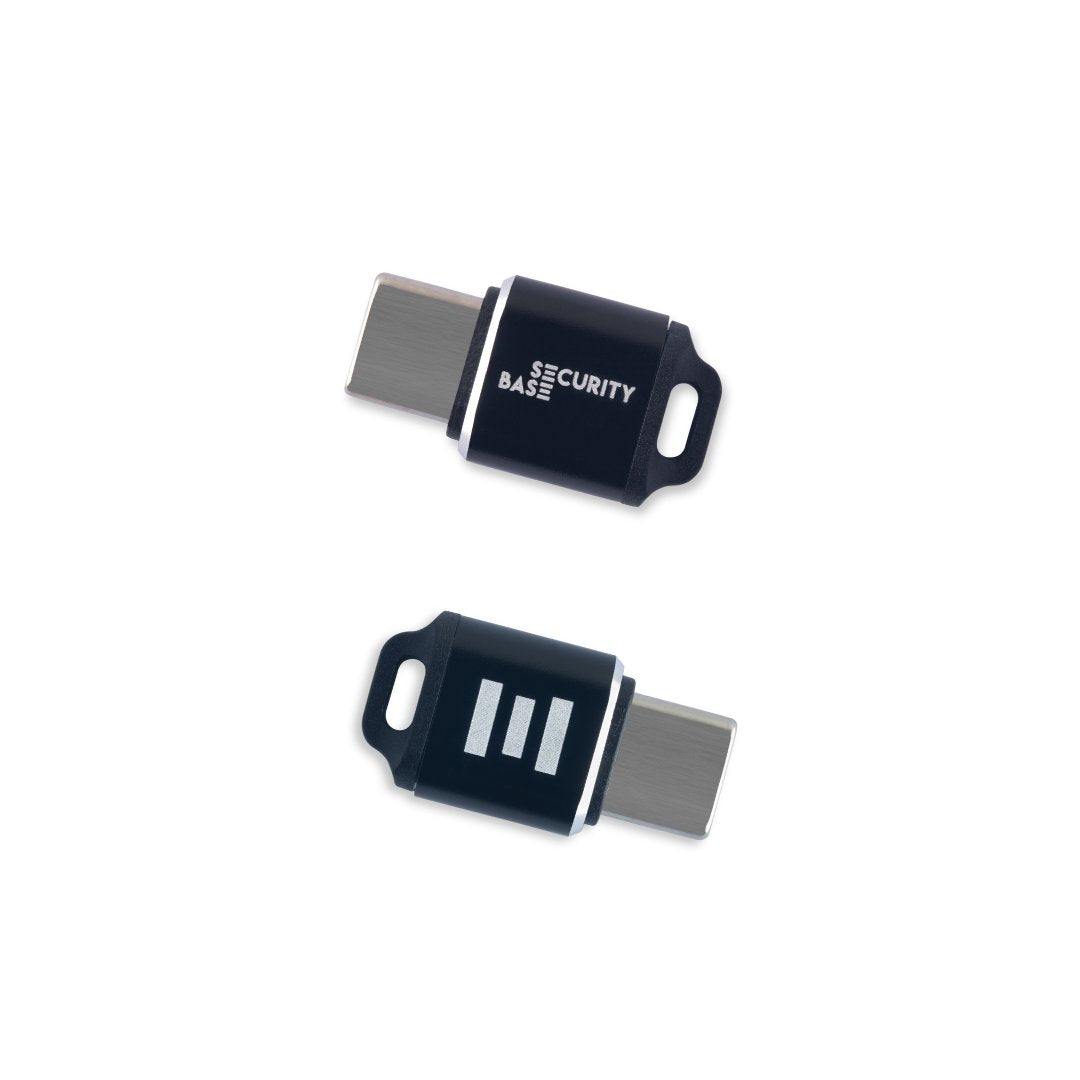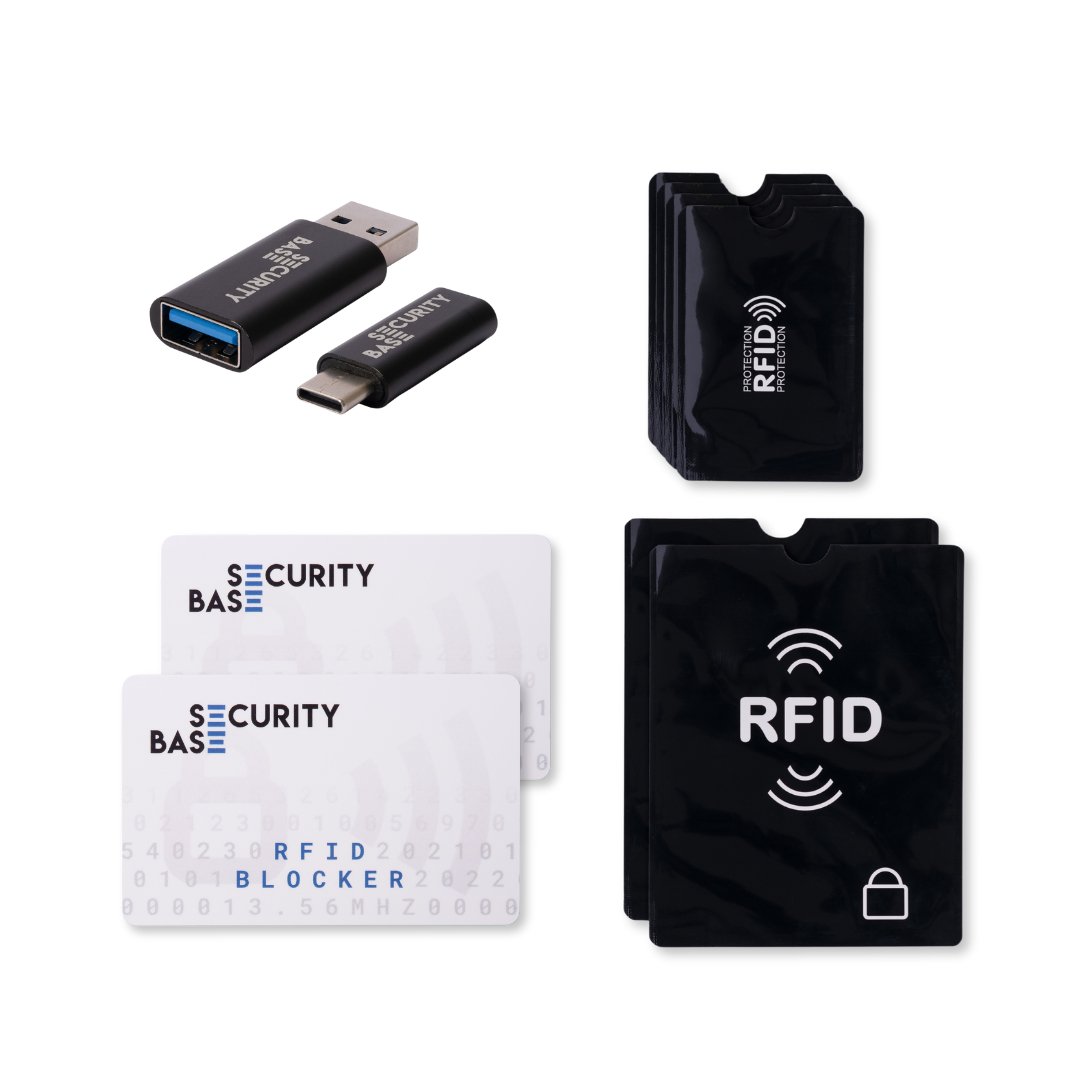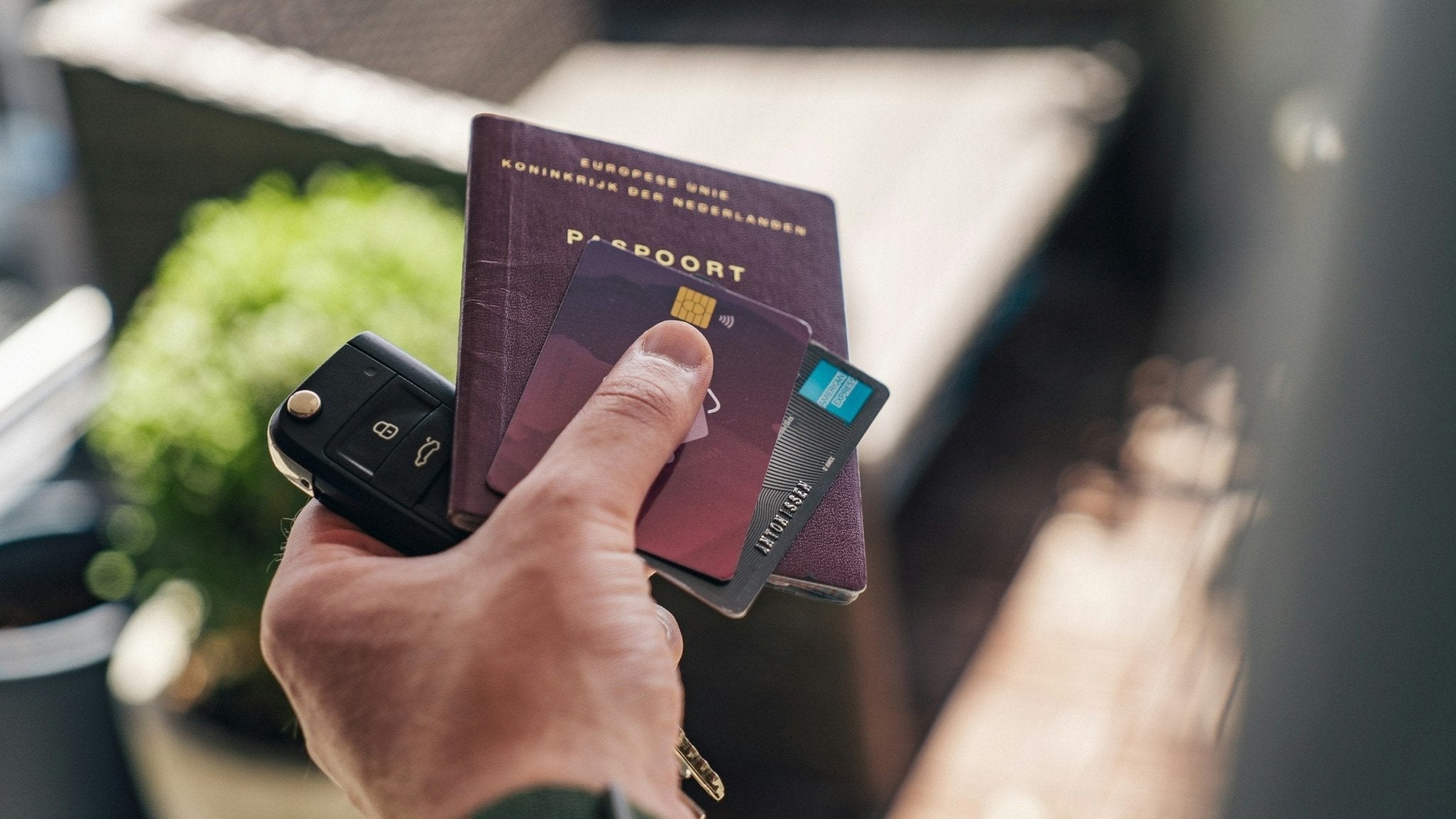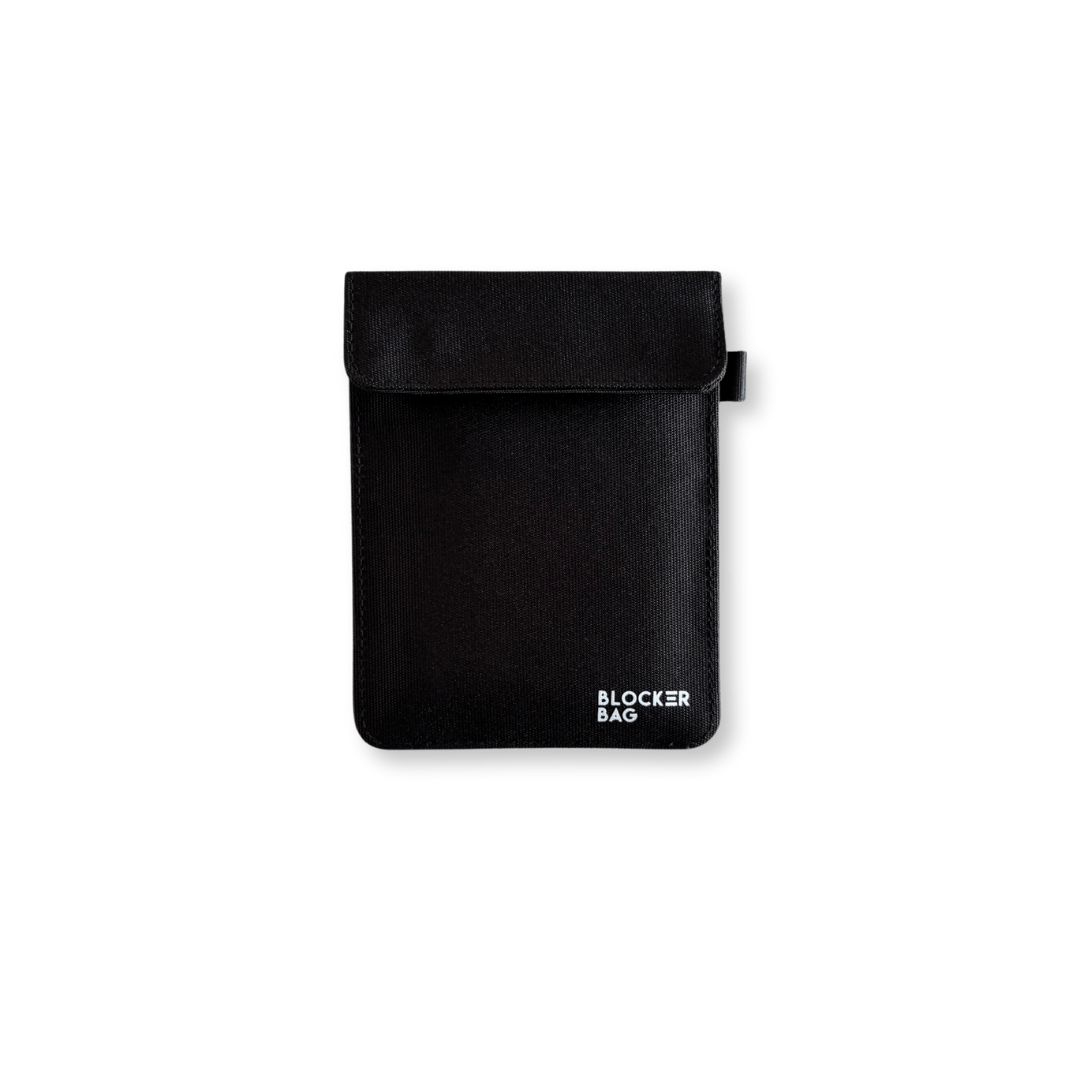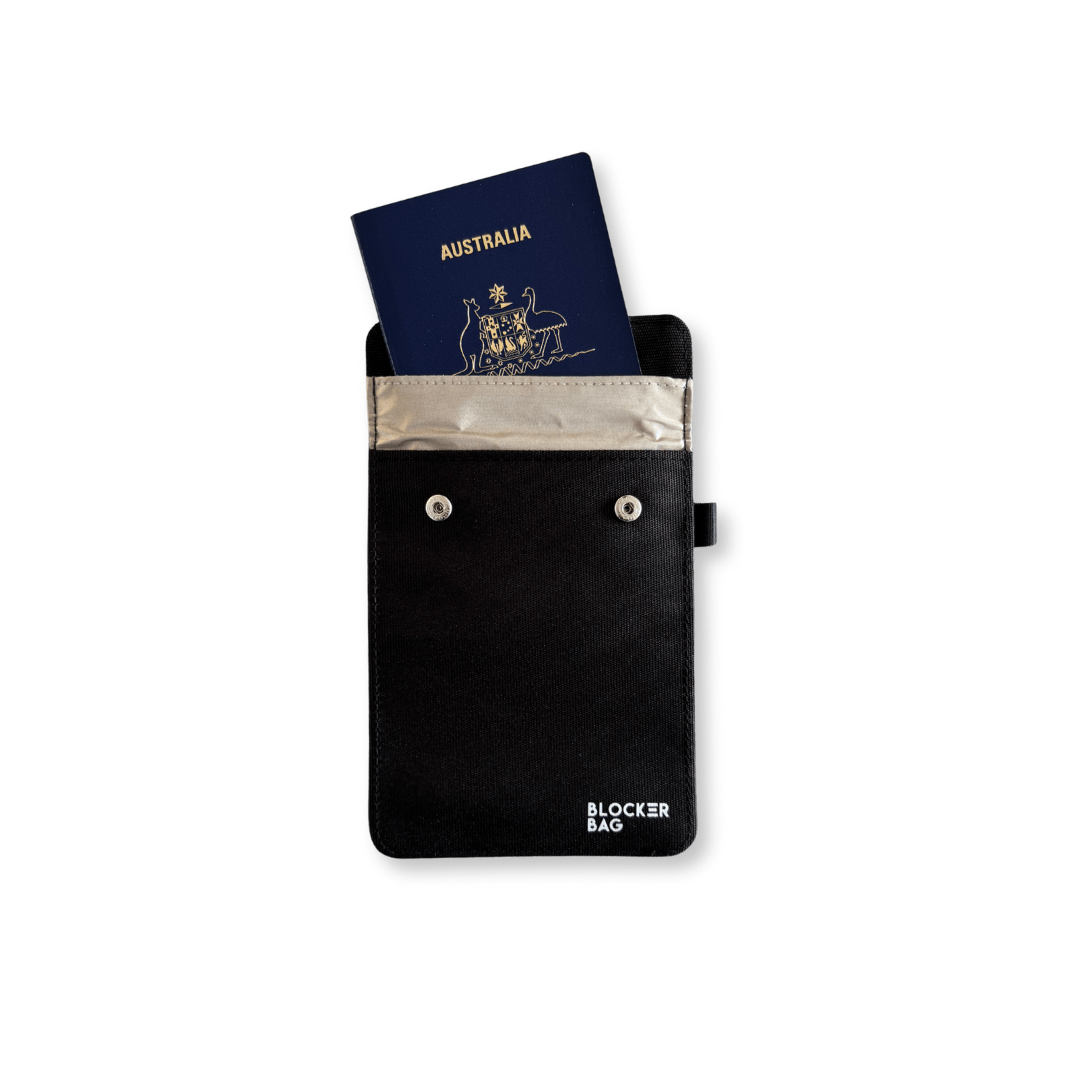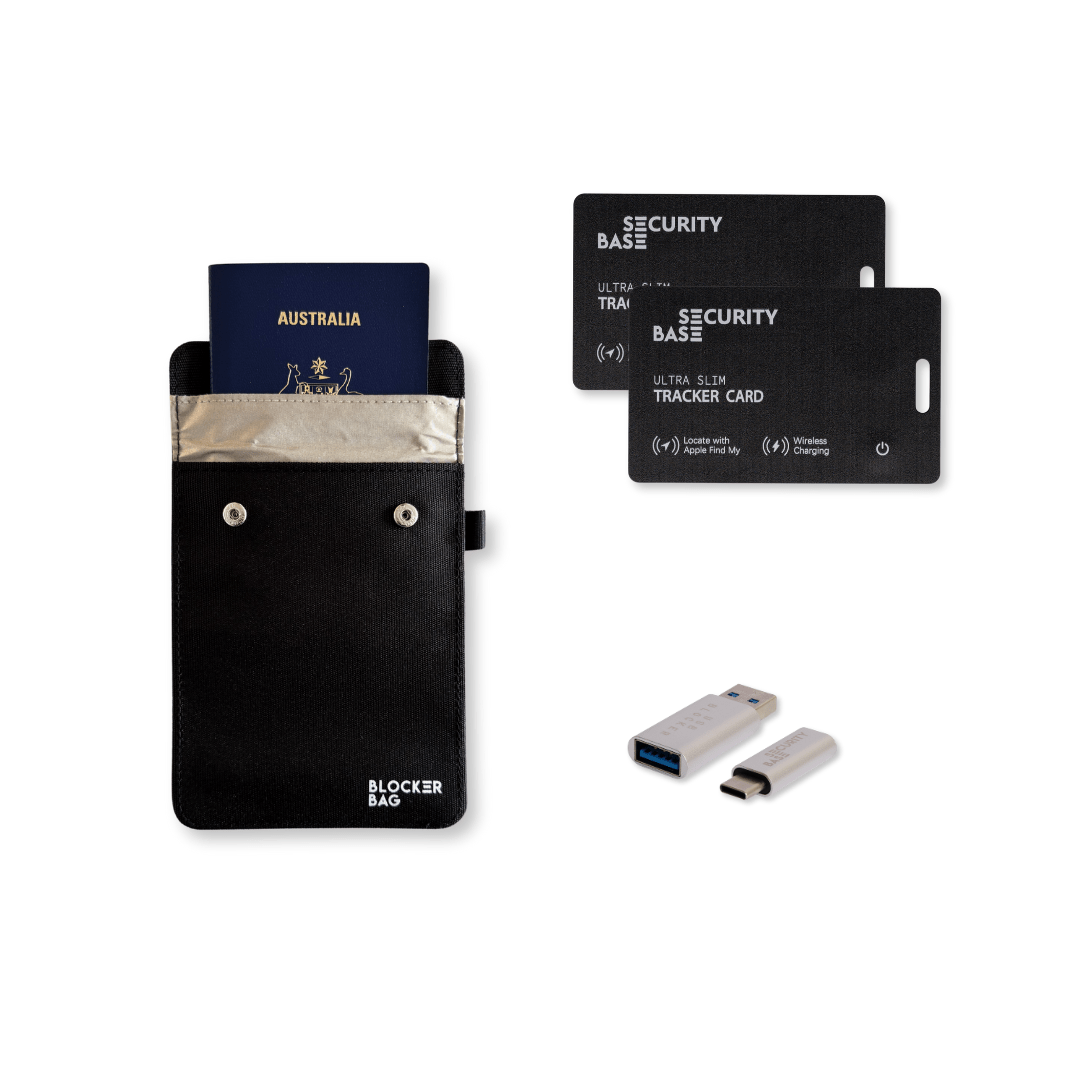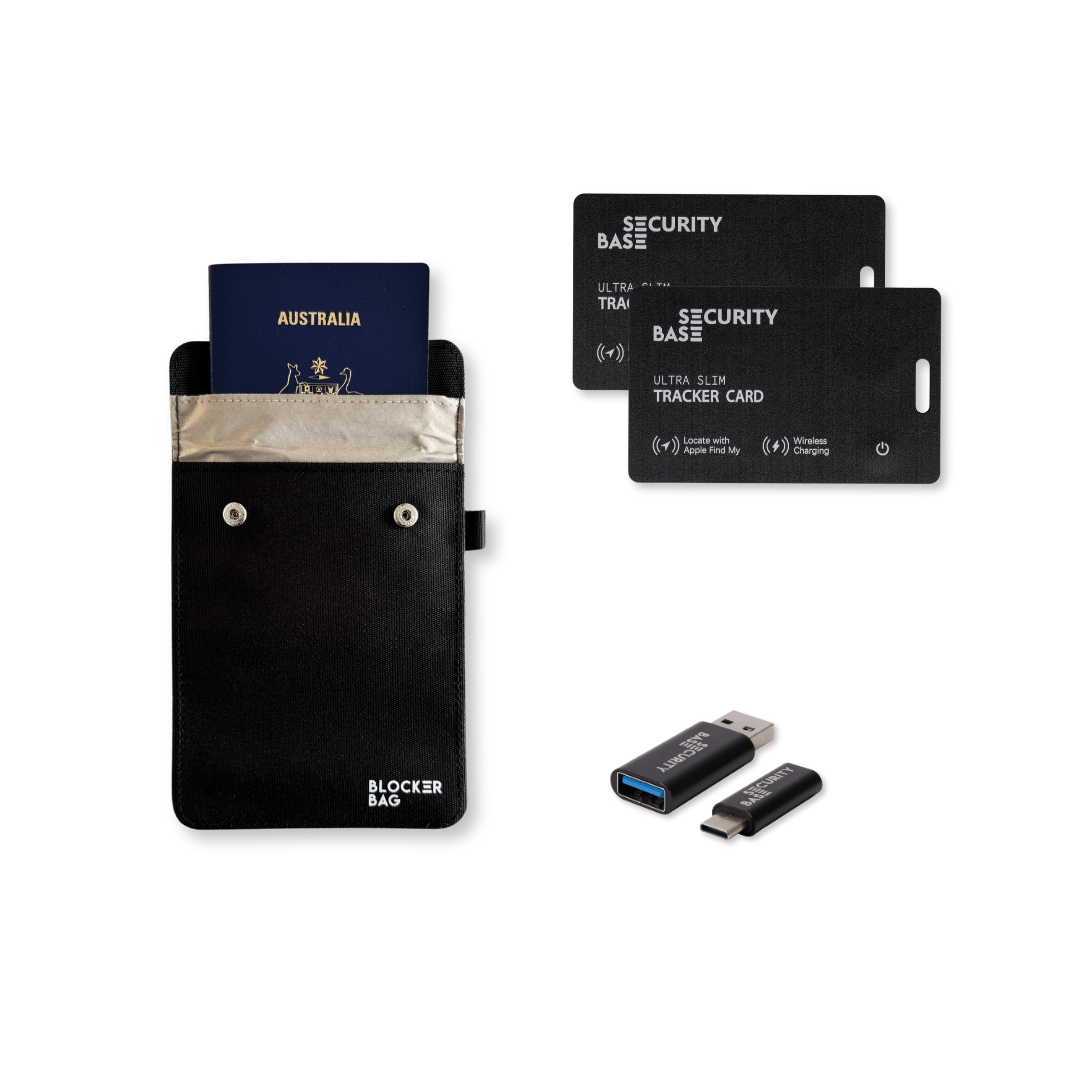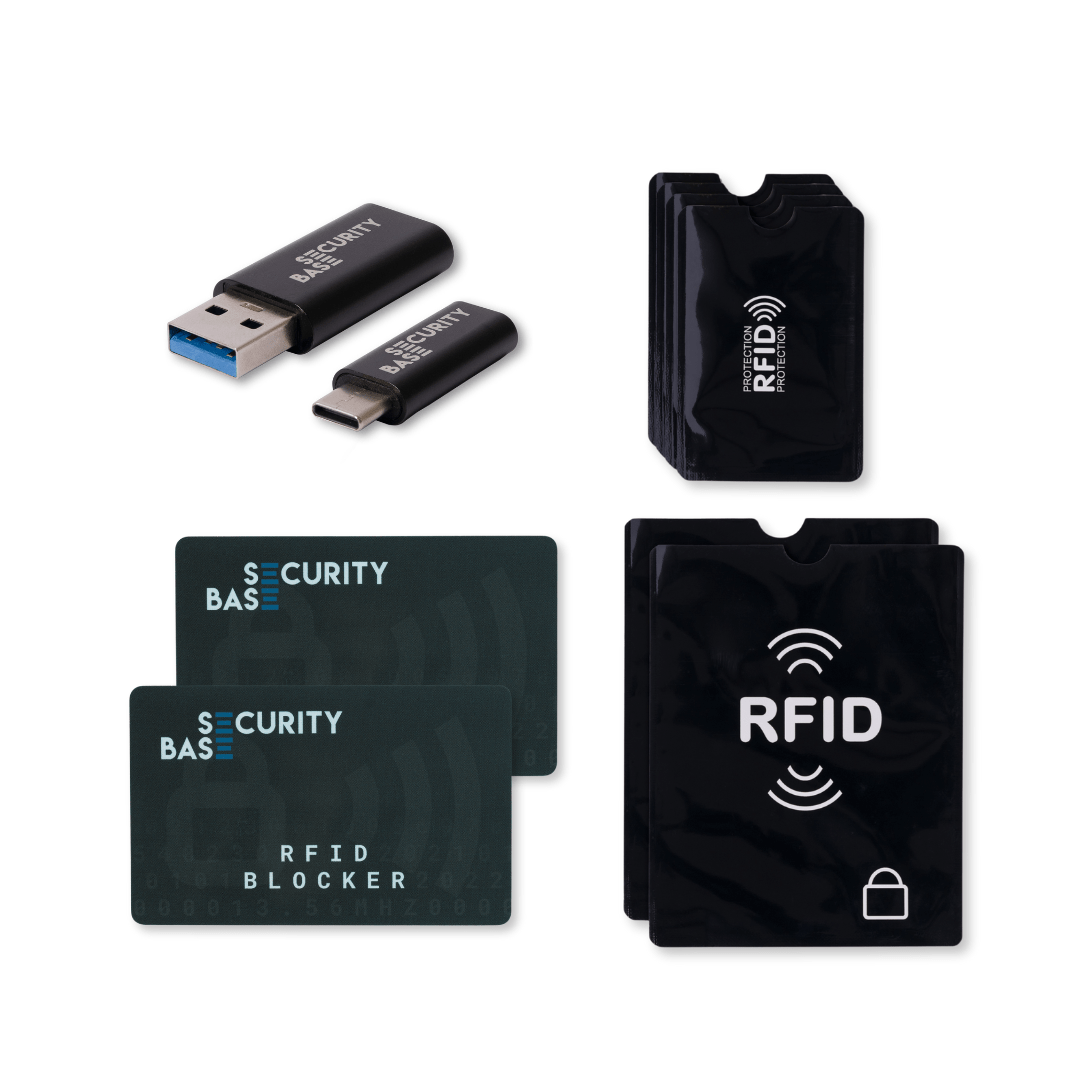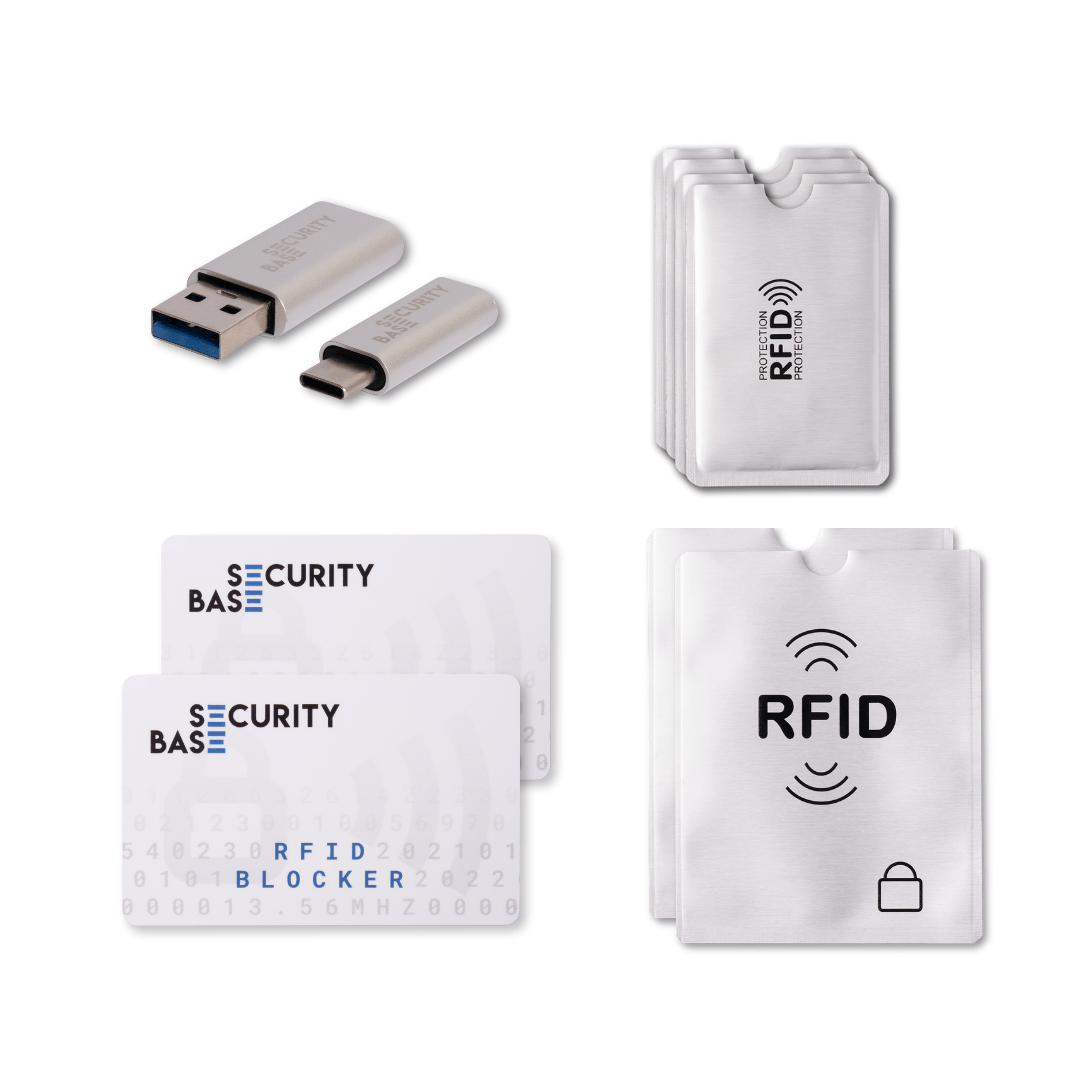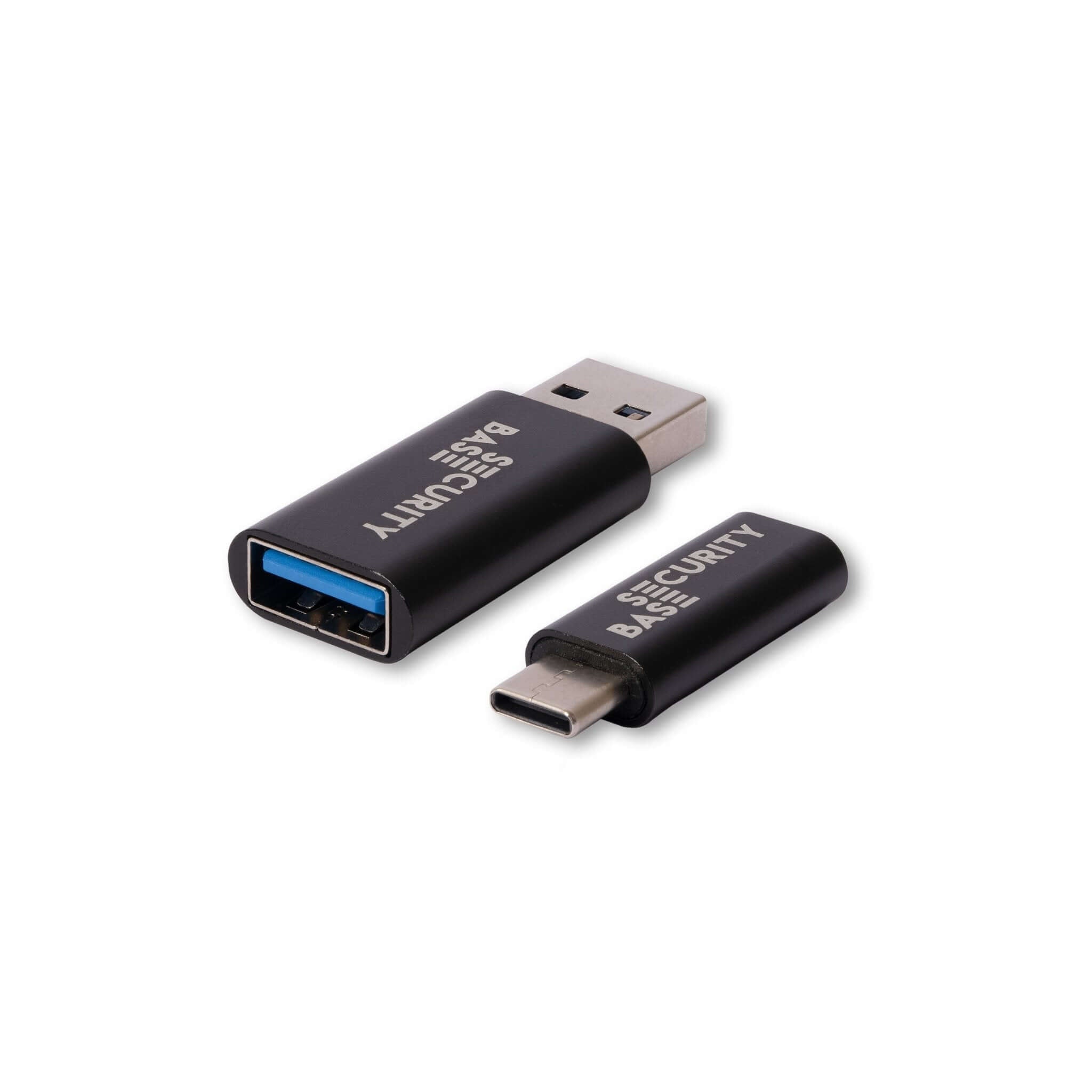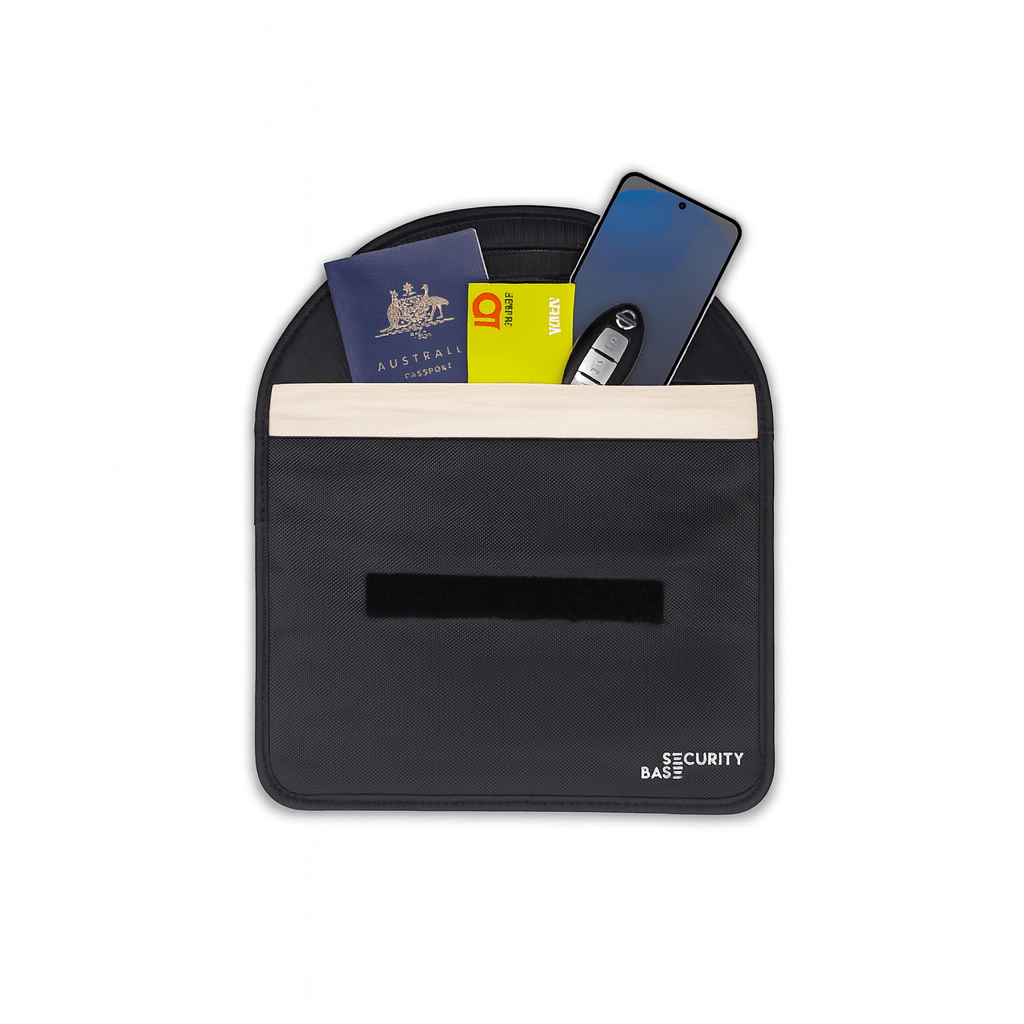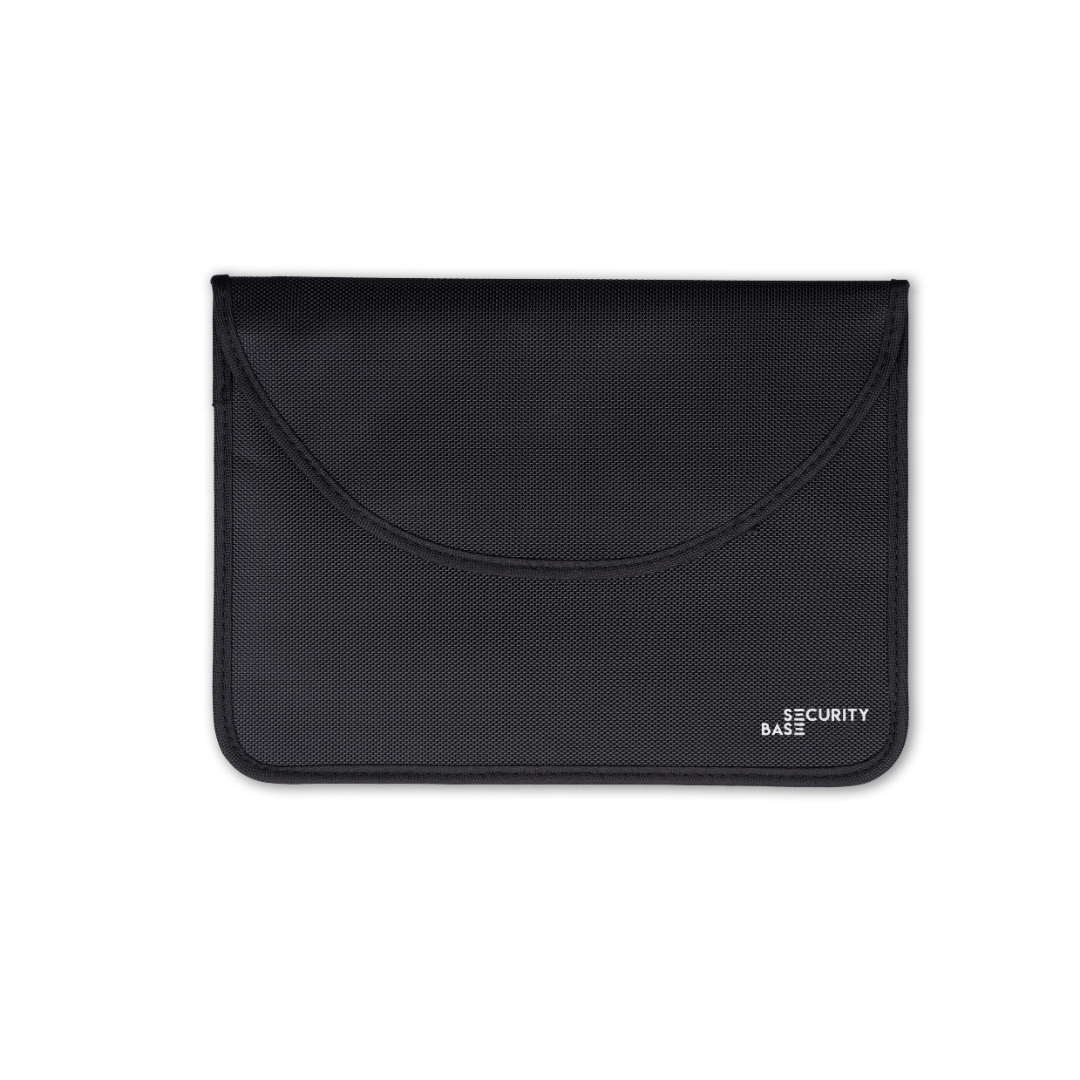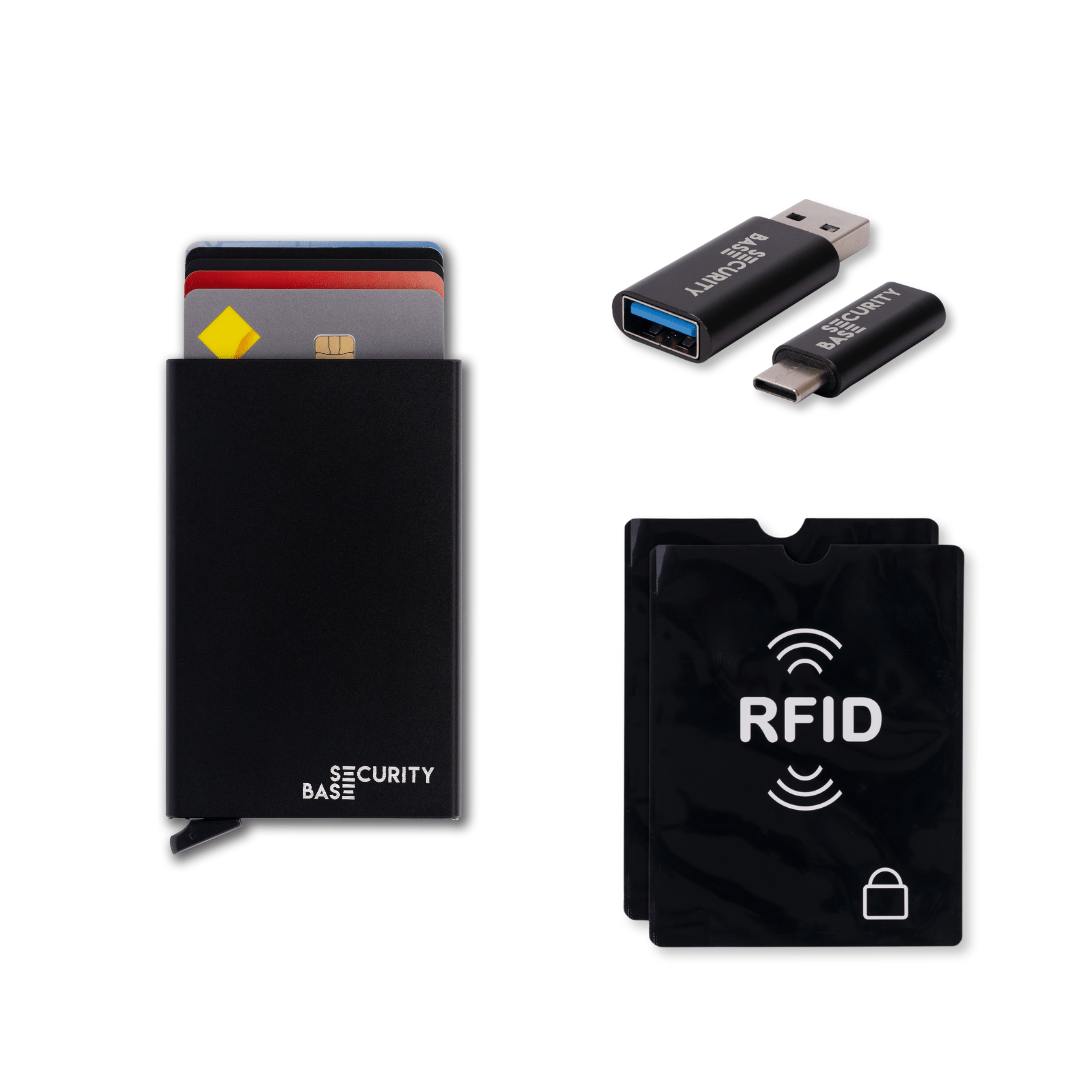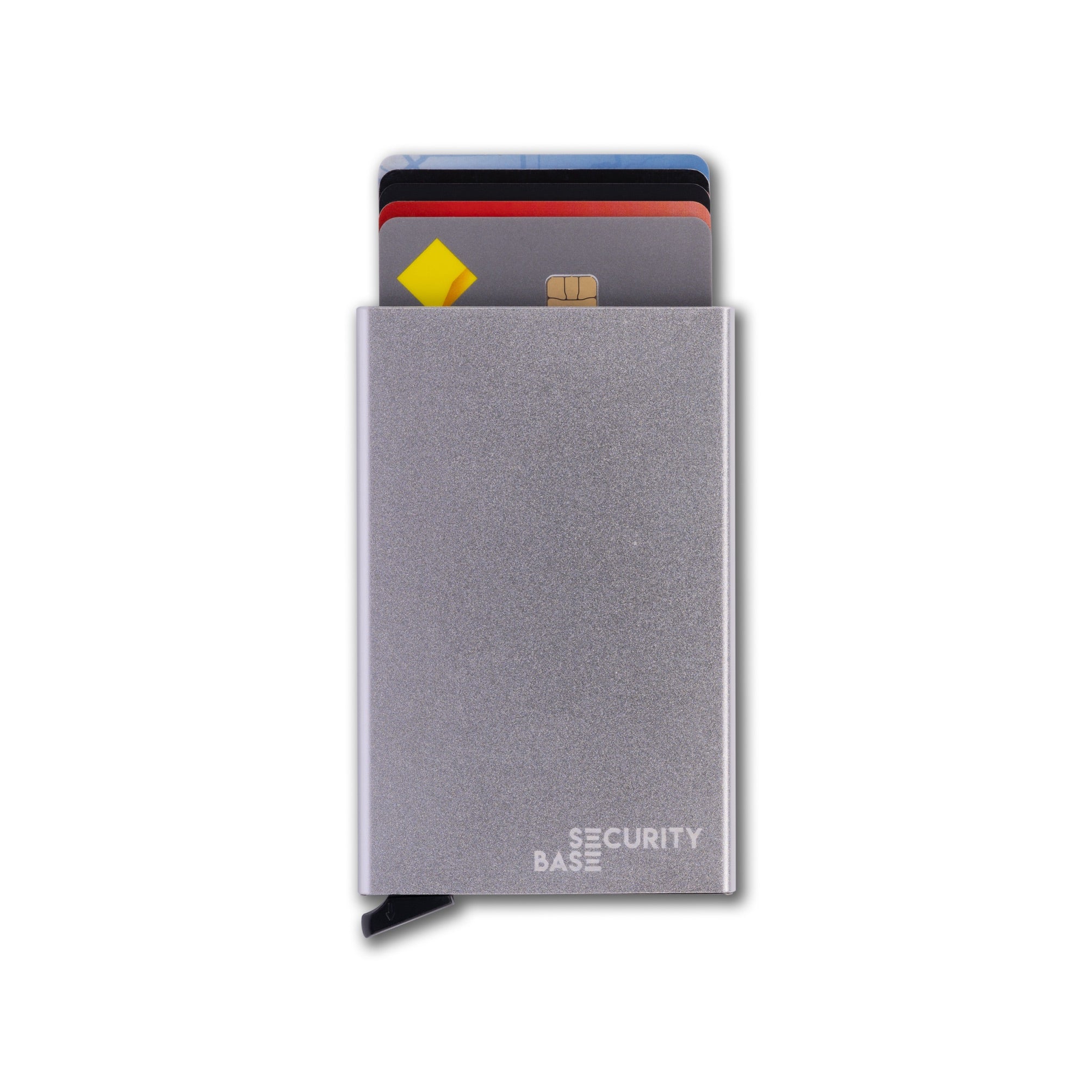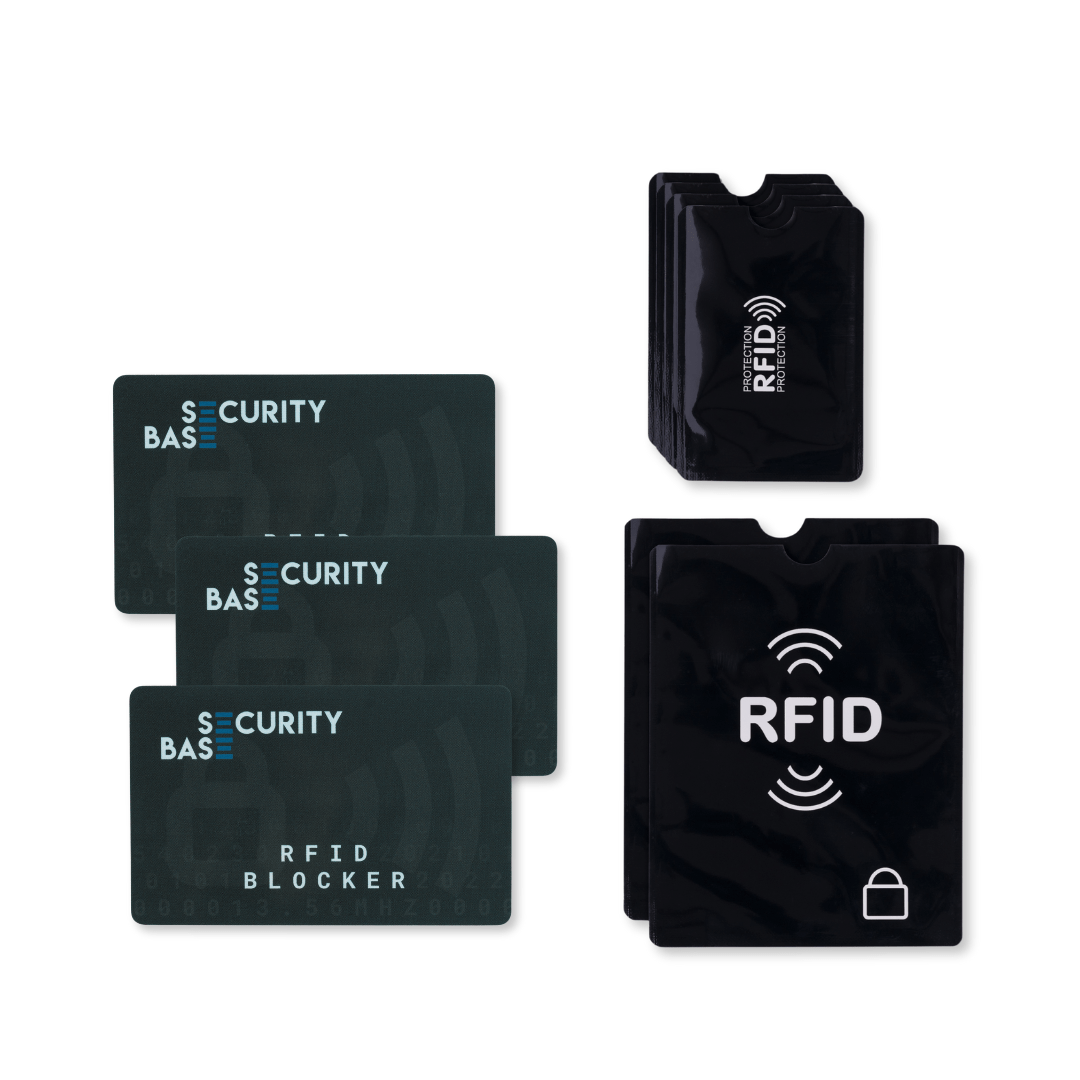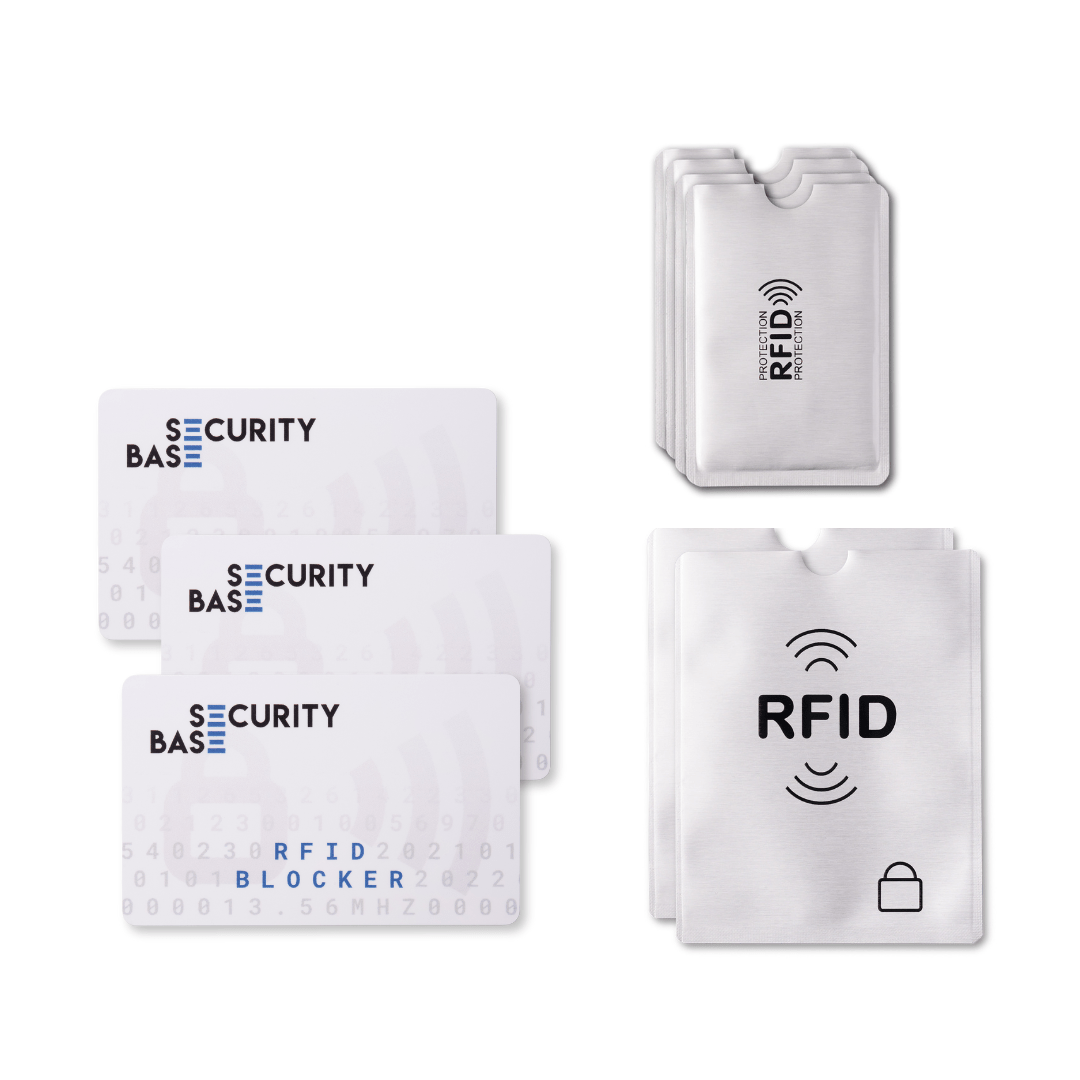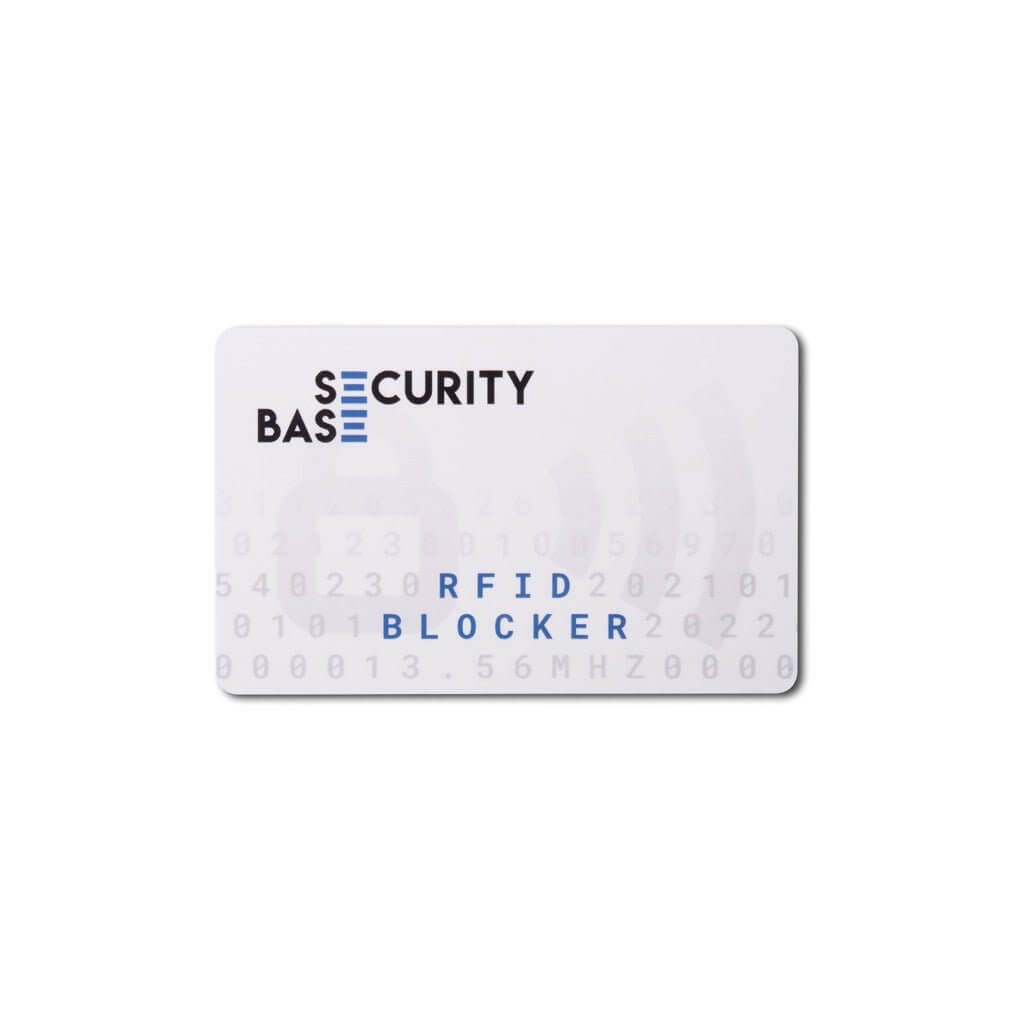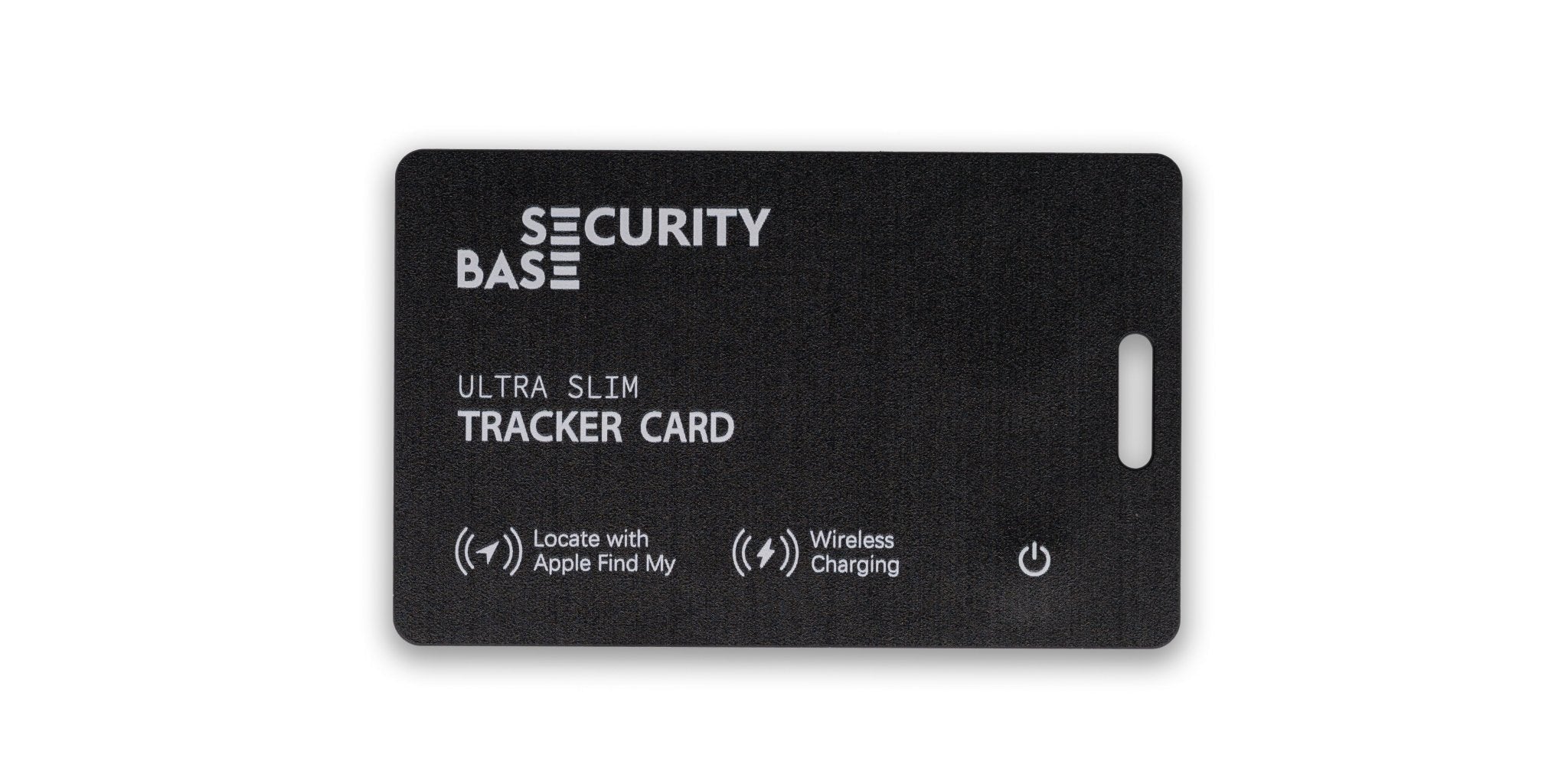The digital age offers great convenience, but it also introduces sophisticated security challenges. Contactless technology, while streamlining everything from travel to daily purchases, creates subtle vulnerabilities for your personal and financial information. This guide delves into the often-overlooked risks of unauthorised scanning of your passports and credit cards and explores solutions, such as RFID blockers, to keep your data truly safe.
The Invisible Threat: Passport RFID Scanning
Many modern passports are embedded with Radio-Frequency Identification (RFID) chips. These tiny chips digitally store critical biographical information (like your name, photo, and date of birth) and sometimes even biometric data such as fingerprints. While designed to expedite border crossings, this convenience comes with a hidden risk: unauthorised scanning. Thieves, armed with specialised, discreet equipment, can potentially skim this sensitive data from your passport at a distance without you even knowing.
Guarding Your Wallet: Credit Card Scanning Risks
Just like passports, a vast number of credit cards today feature RFID chips for convenient contactless "tap-to-pay" transactions. While undoubtedly fast, these chips broadcast your card details, including your card number and expiry date, making them susceptible to remote data theft. A nearby criminal with an RFID reader can silently skim your financial information from your wallet or pocket in crowded areas, turning your convenience into an opportunity for them.
Real-Life Scenarios: When Digital Theft Strikes
While high-profile, large-scale breaches through RFID skimming are relatively rare, isolated incidents of data theft occur frequently. News reports have documented cases where stolen passport data has been used to facilitate identity fraud or illegal travel. Similarly, credit card skimming is a persistent threat, reported in bustling areas, public transport hubs, and even seemingly innocent retail environments. Unsuspecting individuals have had their card information compromised by malicious actors using hidden readers.
Your Digital Shield: Enter the RFID Blocker
RFID-blocking technology acts as your personal digital bodyguard, creating an impenetrable barrier against unauthorised scans. These protective tools come in various forms to suit your lifestyle:
- RFID Blocking Sleeves: Thin, durable sleeves crafted with signal-blocking materials. They're a popular, discreet choice for individual passports and credit cards.
- RFID & NFC Blocking Cards: Designed to be placed in your existing wallet, these cards emit a jamming signal or incorporate shielding material that protects all nearby RFID-enabled cards (we have them in our shop in black and white).
- RFID Blocking Wallets/Bags: Wallets and bags specifically designed with integrated RFID-shielding material, offering comprehensive protection for all contents.
- RFID Blocking Stickers: Compact stickers that can be affixed to the back of your phone or laptop, adding an extra layer of security against data skimming.
Staying Secure: Essential Tips for Travelers
Understanding the risks is the first step; taking action is the next. Beyond using RFID blockers, here are additional tips to minimise your vulnerability:
- Be Aware in Crowds: Pay extra attention in busy environments, such as airports, train stations, and public events, where opportunistic thieves may operate.
- Secure Storage: Opt for travel pouches or clothing with hidden, secure pockets for your passport and cards when in transit.
- Limit Exposure: Only take out your cards or passport when necessary for transactions or identity verification.
- Monitor Your Accounts: Regularly check your bank and credit card statements for any suspicious activity, especially after returning from a trip.
- Use Trusted Networks: When travelling, be cautious about using public Wi-Fi or charging stations. Consider a VPN or a USB data blocker for added security.
